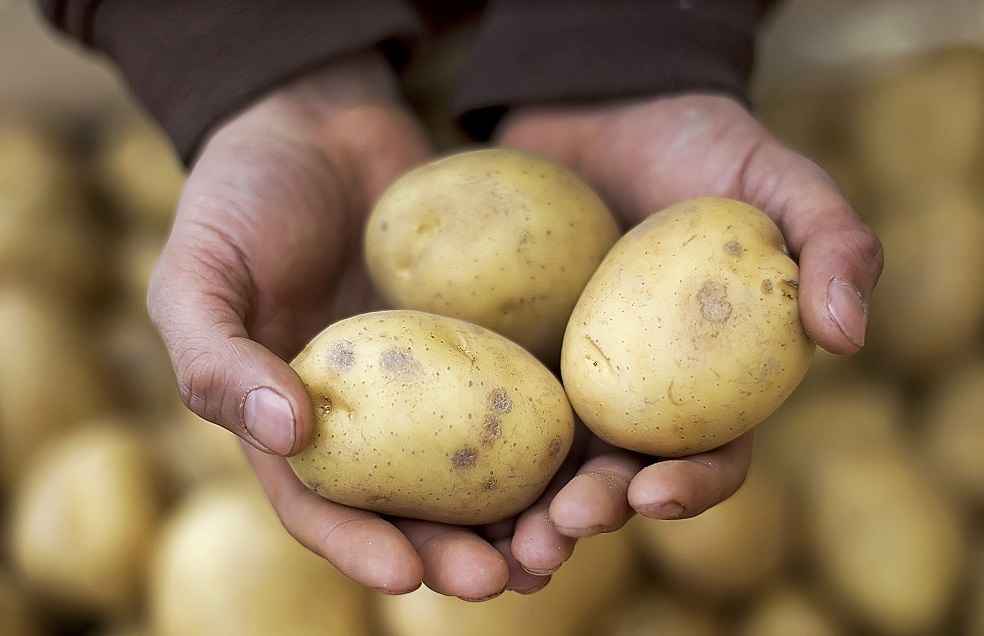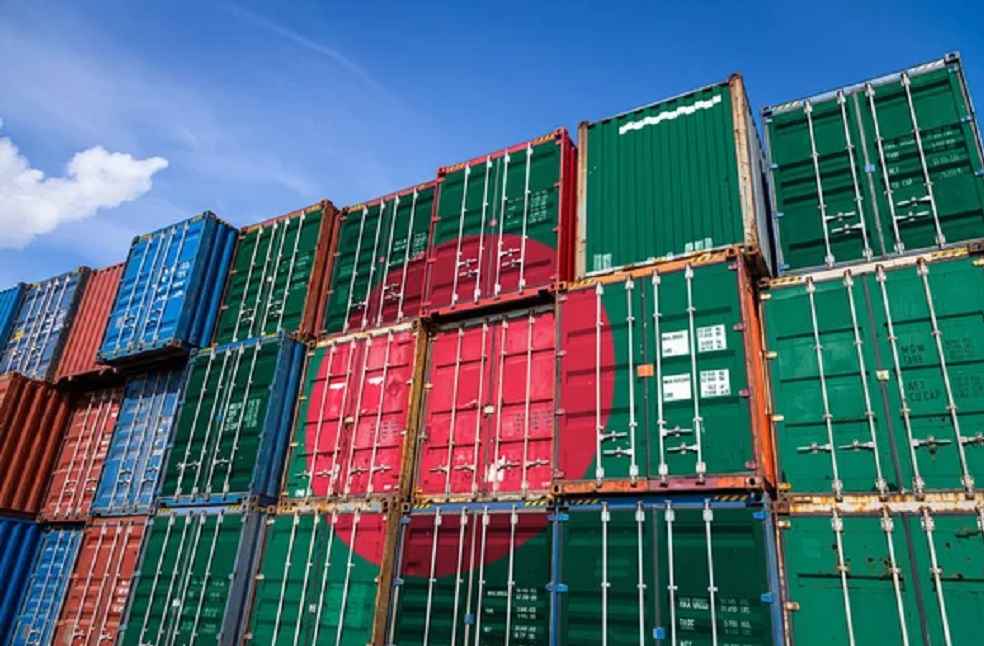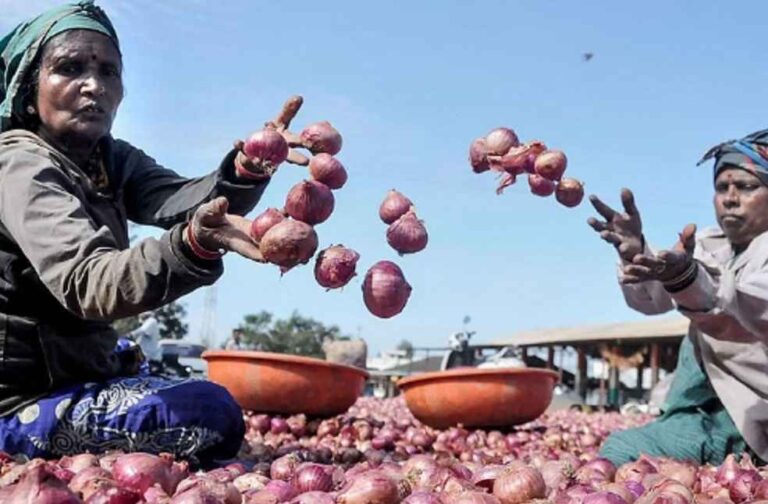Bangladesh’s reliance on India for essential commodities like potatoes and onions has long been a source of concern, with recent food price hikes exposing the vulnerabilities of this dependency. Factors such as poor harvests, export restrictions, and increased domestic demand in India have disrupted supplies, leaving Bangladesh grappling with inflation and scarcity.
India’s competitive pricing and swift delivery have made it Bangladesh’s primary trading partner for these staples. However, India’s frequent export restrictions, including minimum export prices (MEP) and outright bans, often destabilise the Bangladeshi market. Recent disruptions, including a September 2023 onion export ban, caused prices in Bangladesh to skyrocket to Tk 250 per kilogram. Similarly, India’s autumnal onion harvest suffered flood damage, prompting further export restrictions and driving prices higher.

Despite producing 10.4 million tonnes of potatoes and 3.4 million tonnes of onions in 2023—both exceeding domestic demand—Bangladesh continues to face inefficiencies. Post-harvest losses, speculative trading, and inadequate storage have exacerbated the crisis. Over one million tonnes of onions were reportedly lost due to poor storage, while speculative trading doubled potato prices within months.
The Bangladesh Trade and Tariff Commission (BTTC) has recommended diversifying import sources to mitigate risks. Countries like China, Turkey, Egypt, Spain, Myanmar, and Pakistan have been identified as potential suppliers for onions, while Germany, Egypt, China, and Spain could supply potatoes. However, transitioning to these alternatives requires addressing challenges such as higher transportation costs, longer delivery times, and quality considerations.

Beyond import diversification, experts stress the need for domestic solutions. Investing in cold storage facilities, improving supply chains, and reducing post-harvest losses could stabilise prices and ensure steady availability. Agricultural research to develop high-yield, disease-resistant varieties and private sector involvement in agro-processing industries can further bolster production.
The recurring crises underscore the dangers of over-reliance on a single supplier. A proactive, multifaceted approach that balances import diversification with enhanced domestic production and storage is essential to safeguard Bangladesh’s food security and market stability.
IMEX SECTOR | Brazil’s November Poultry Exports Soar 23%, Revenue Reaches $893 Million



